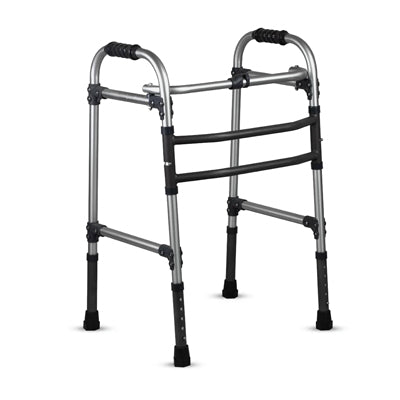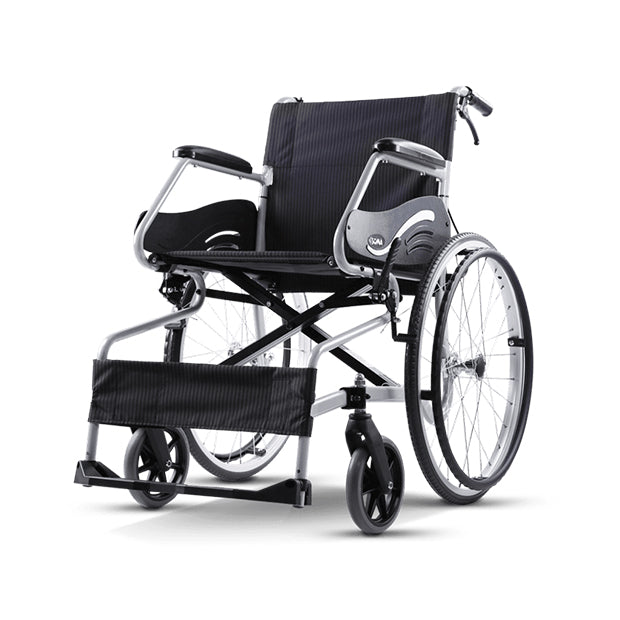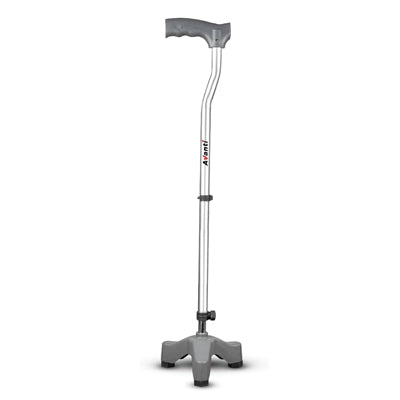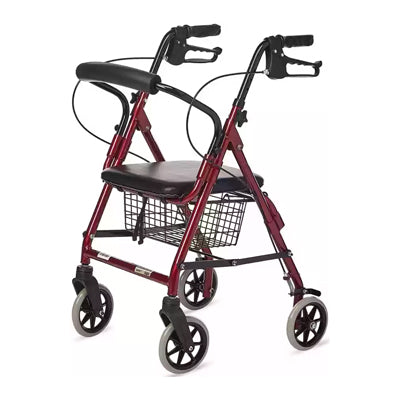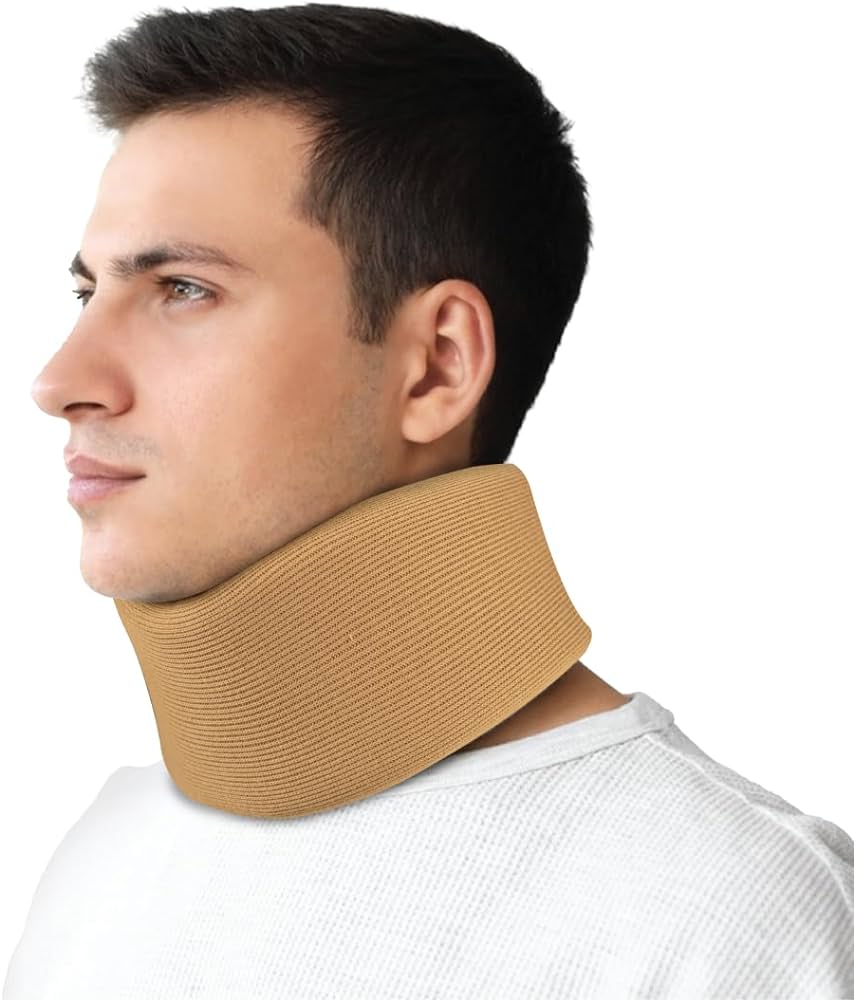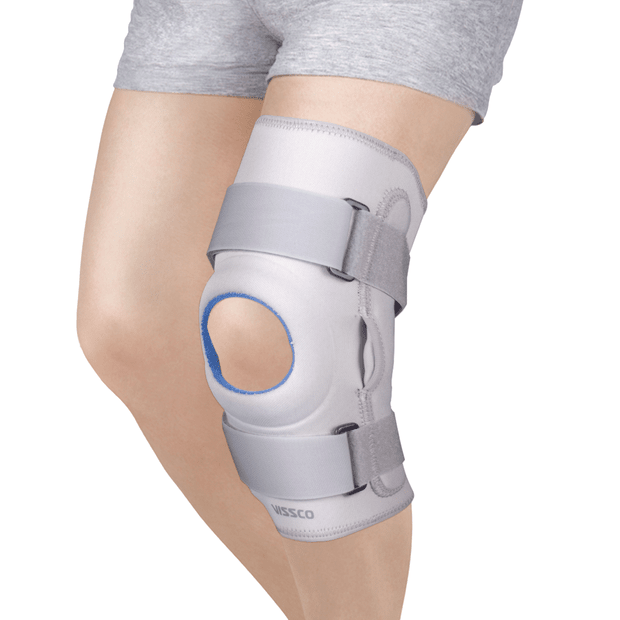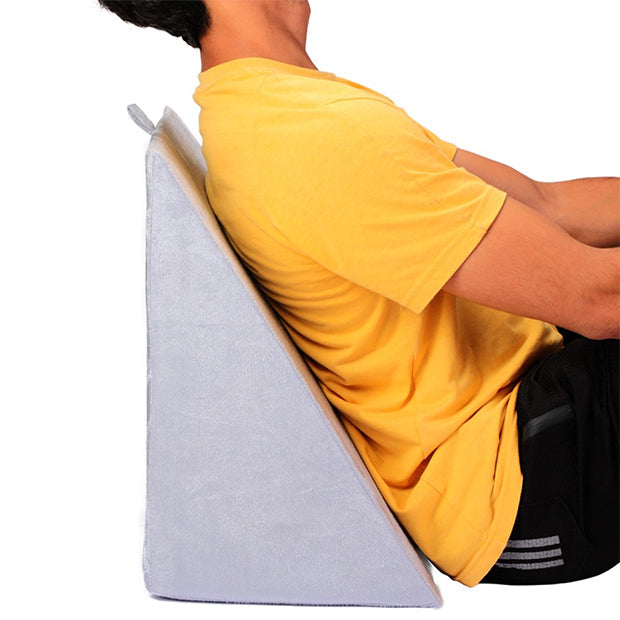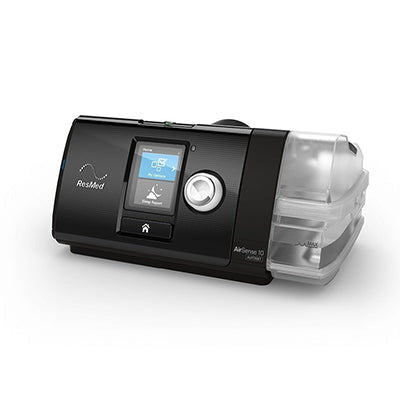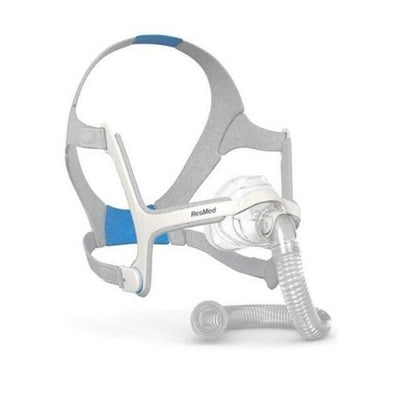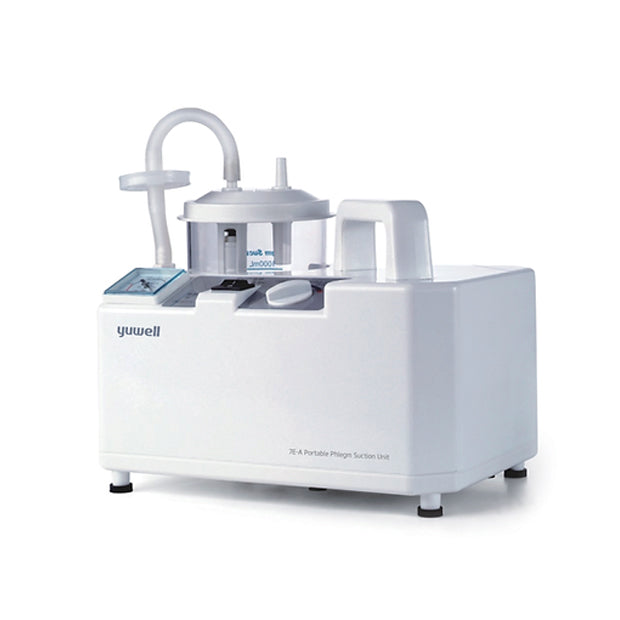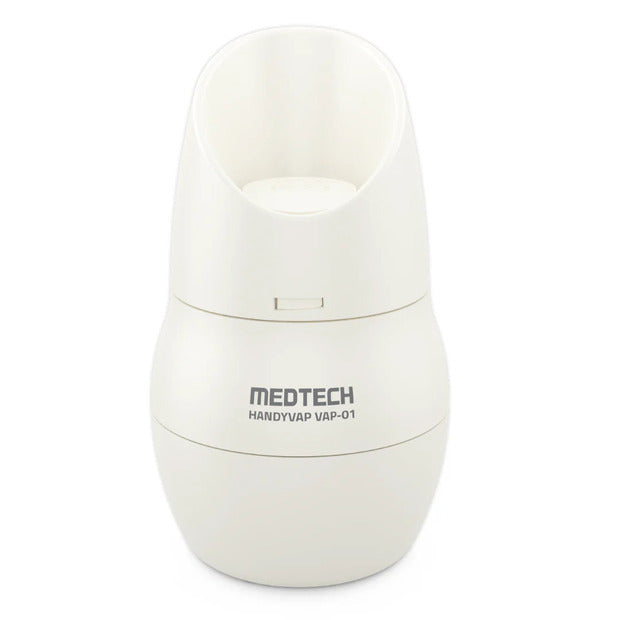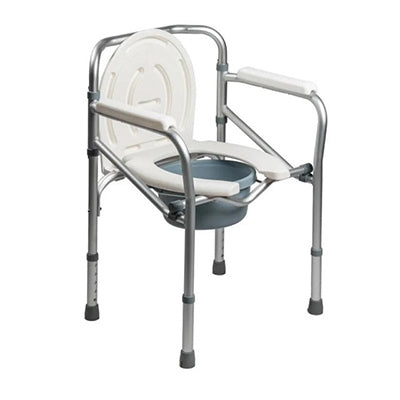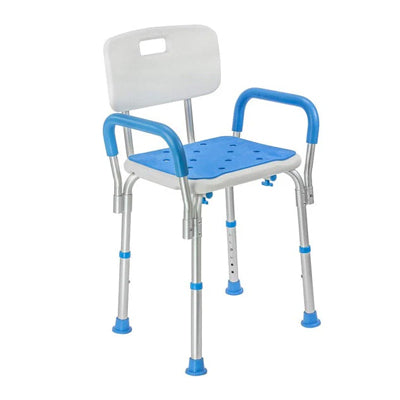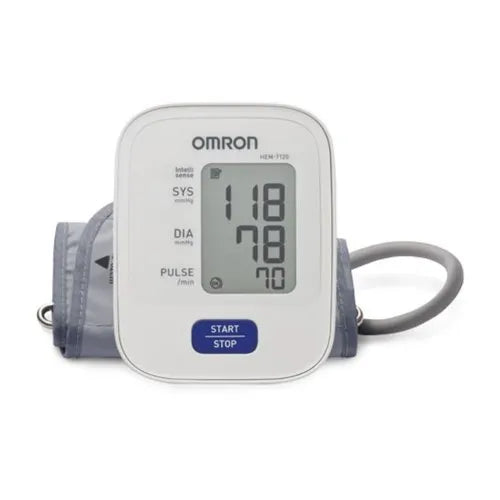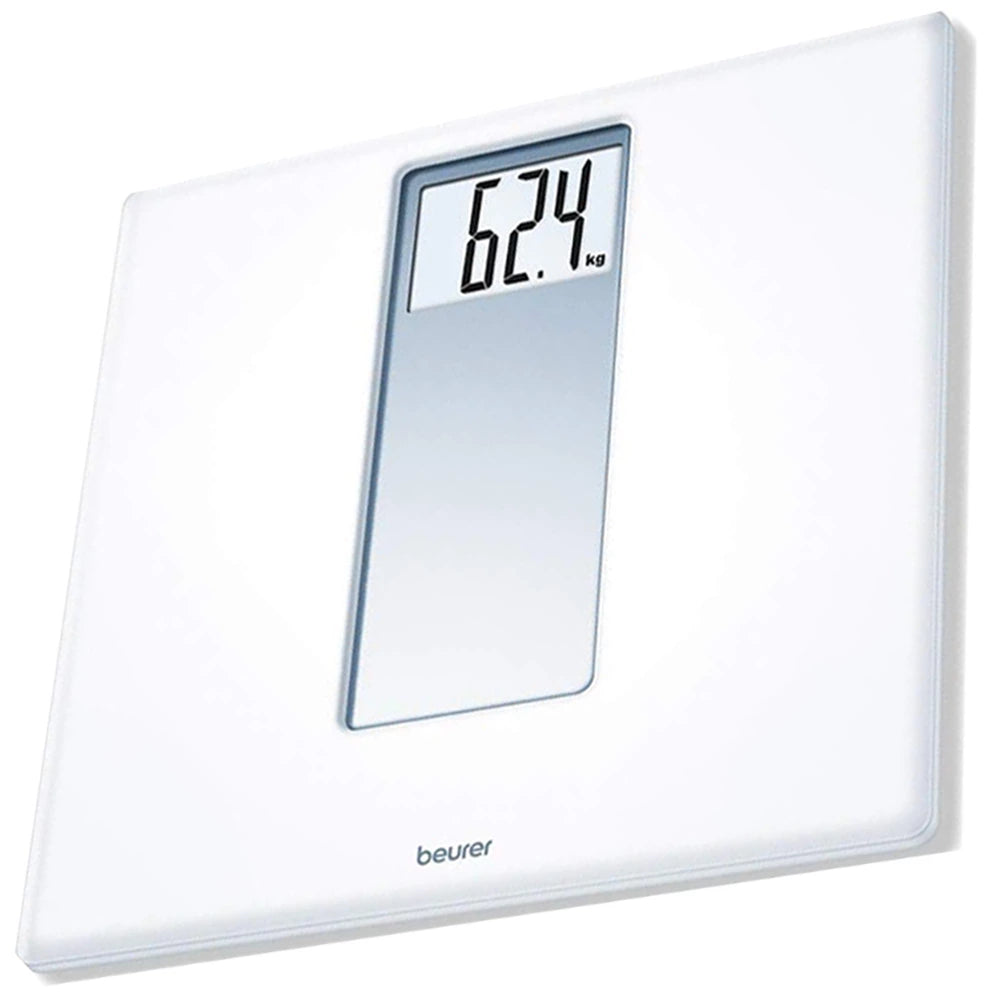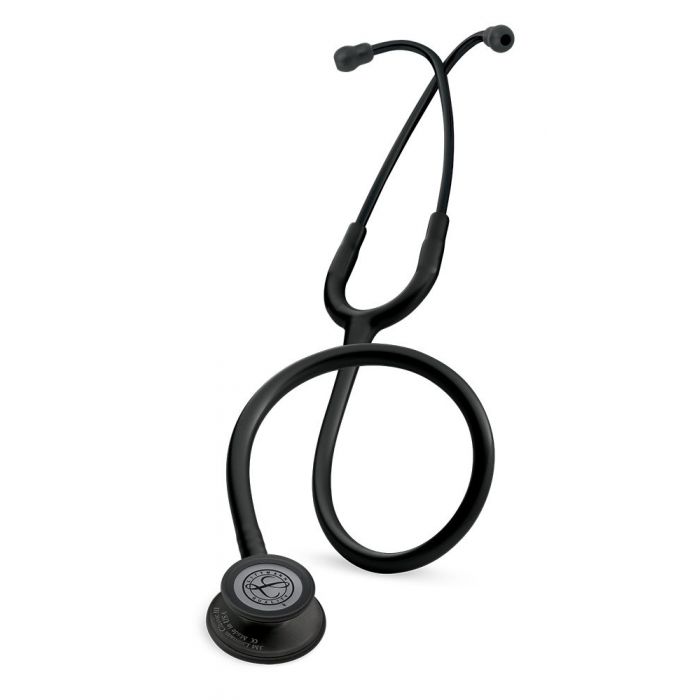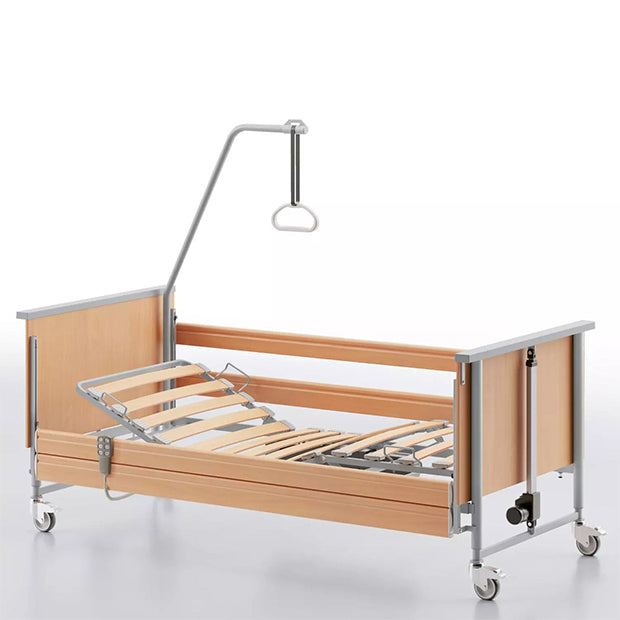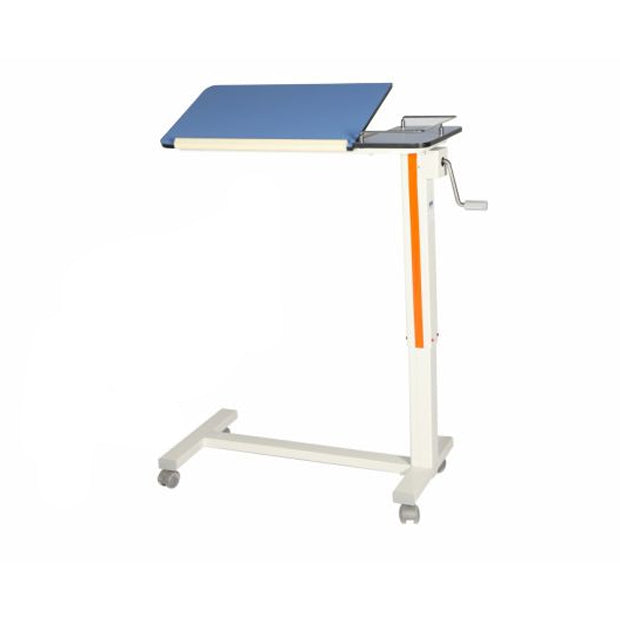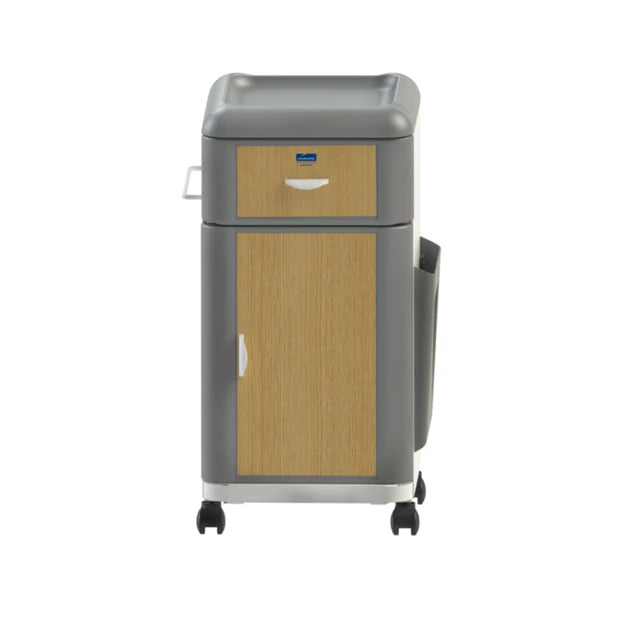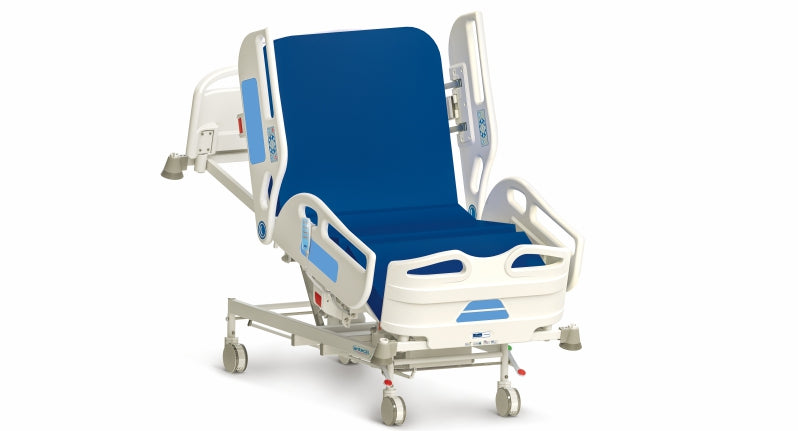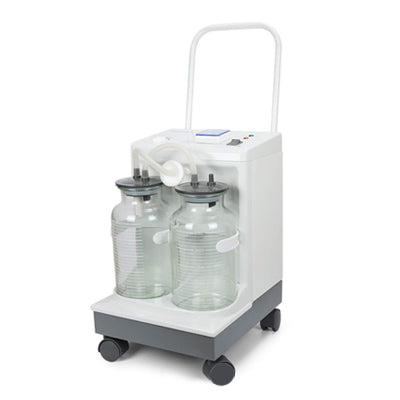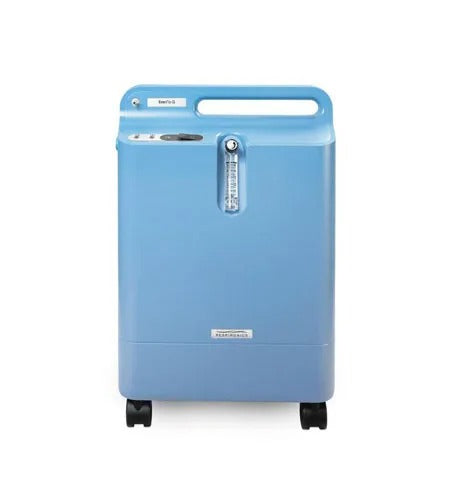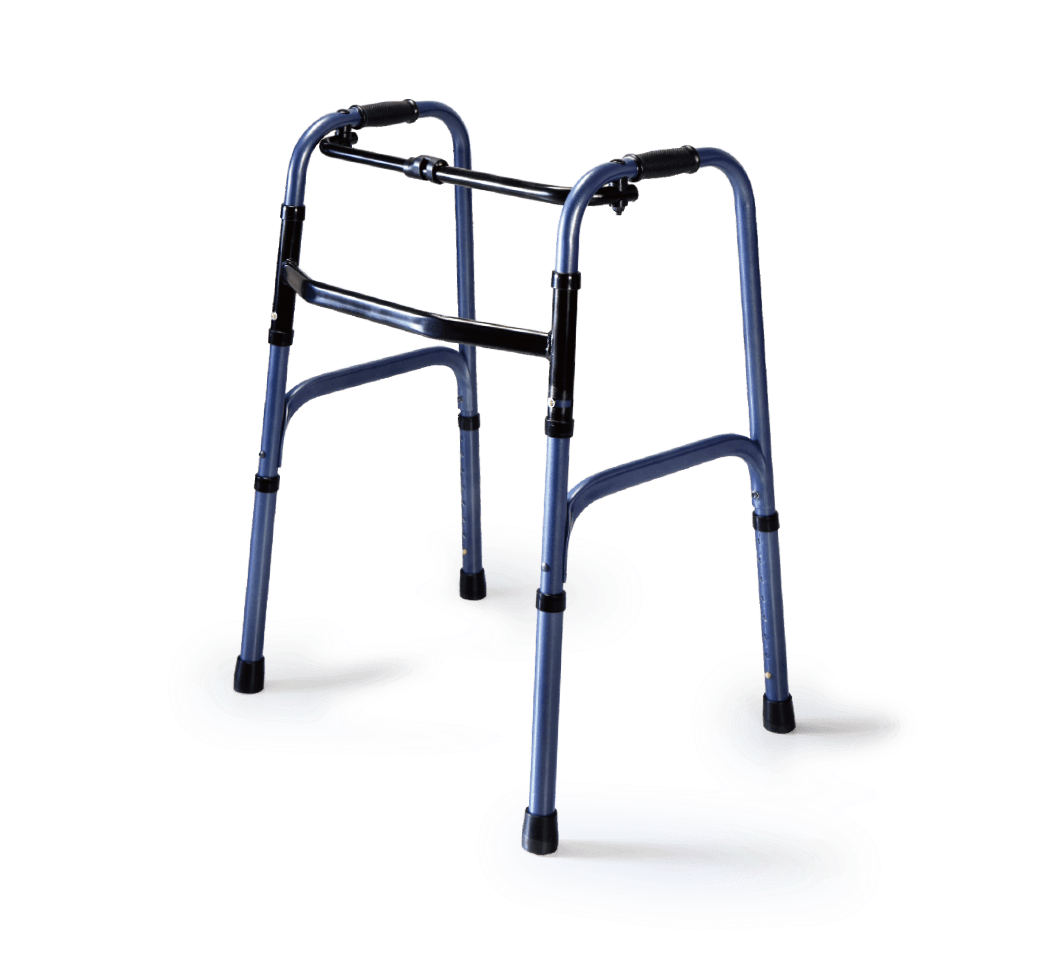Sleep Apnea
Sleep apnea is a prevalent sleep disorder that affects millions of individuals worldwide, yet it often goes undiagnosed & untreated especially in India due to lack information about sleep apnea. Its characteristics are repetitive pauses in breathing during sleep, this condition disrupts sleep patterns and can lead to a variety of health problems if left unaddressed.
What is Sleep Apnea?
Sleep apnea involves brief interruptions in breathing that occur throughout the night. These interruptions, known as apneas, can last from a few seconds to minutes and may occur 30 times or more an hour. The primary types of sleep apnea include Obstructive Sleep Apnea (OSA), Central Sleep Apnea (CSA), and Complex Sleep Apnea Syndrome.
3 Types of Sleep Apnea
- Obstructive Sleep Apnea (OSA): It is the most common type of Sleep Apnea, OSA occurs when the muscles of throat intermittently relax and block the airways during sleep time.
- Central Sleep Apnea (CSA): CSA occurs when the brain fails to send proper signals to the muscles that control breathing, leading to periods of no breathing effort.
- Complex Sleep Apnea Syndrome: This type of Sleep Apnea is also called treatment-emergent central sleep apnea, this condition occurs when an individual has both OSA and CSA
Sleep Apnea Symptoms
Common symptoms of Sleep Apnea include:
- Loud snoring
- Episodes of breathing cessation
- Waking up suddenly due to shortness of breath
- Awakening with a dry mouth or sore throat
- Headaches when you wake up
- Difficulty staying asleep (insomnia)
- Excessive daytime sleepiness (hypersomnia)
- Having trouble focusing and getting easily annoyed
Causes and Risk Factors Associated with Sleep Apnea
- OSA is often caused by excess weight and obesity, which can lead to fat deposits around the upper airway obstructing breathing. Other risk factors include a narrow airway, high blood pressure, chronic nasal congestion, smoking, and a family history of sleep apnea.
- CSA can be associated with conditions that affects the brainstem, heart failure, and the use of certain medications.
Complications
Untreated sleep apnea can lead to several serious health issues, including:
- Cardiovascular problems, such as heart disease, heart attack, high blood pressure, and stroke
- Type 2 diabetes
- Metabolic syndrome
- Complications with medications and surgery
- Liver problems
- Sleep-deprived partners
Diagnosis
Diagnosis of Sleep apnea typically involves a sleep study (polysomnography) conducted in a sleep center or home sleep test is another example. These studies record various body functions during sleep, such as brain electrical activity, eye movement, muscle activity, heart rate, respiratory effort, air flow, and blood oxygen levels.
Conclusion
Sleep apnea is serious condition that requires attention and treatment to prevent further health complications. If you or someone you know show symptoms of sleep apnea, it’s important to consult a healthcare provider for a proper diagnosis and treatment plan.
If you’re unsure whether you might have sleep apnea, consider taking a Home Sleep Test. It’s an easy, convenient way to get answers from the comfort of your own home. Learn more at ResMed Home Sleep Test
With the right approach, individual with sleep apnea can improve their sleep quality and overall health.




